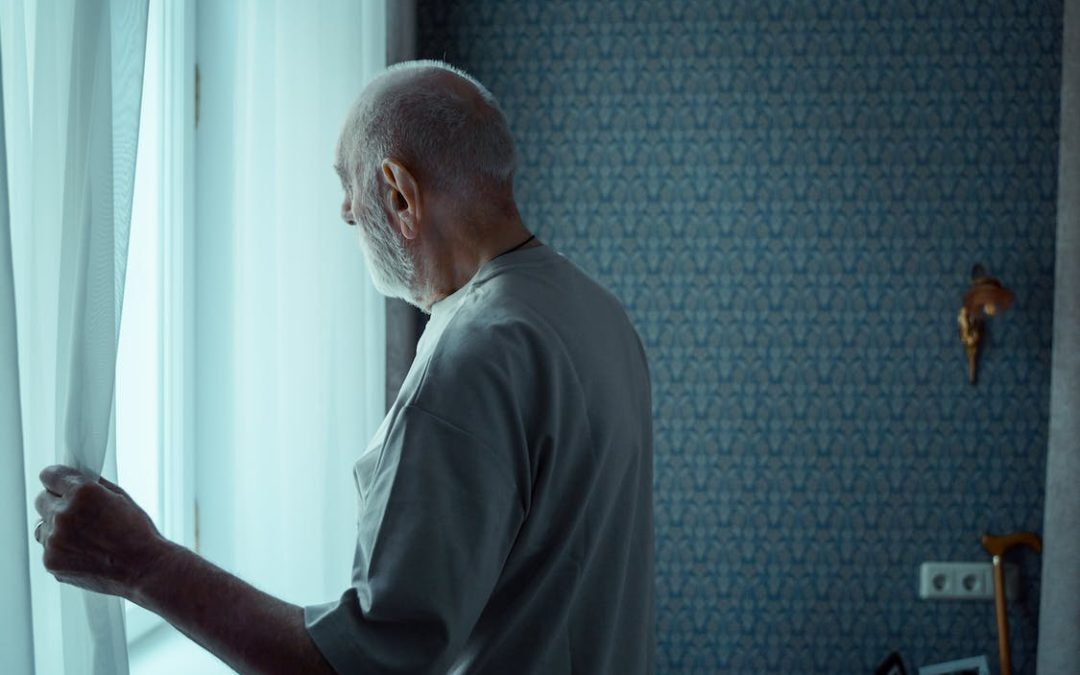The signs of a coercive partner can be identified from the many ways they exert control over their partner such as: physical assault; threats of harm or punishment; controlling or monitoring communication with your family and friends; isolating you from your family and friends; manipulation; withholding money; controlling how money is spent; building up debt in your name; telling you what to wear or how to look; enforcing rules; threats to share or publish private information; preventing you from working; depriving you of support or medical services.
What is coercive control?
Coercive control is a form of domestic abuse that involves controlling behaviour through physical assaults, manipulation, threats, humiliation and intimidation or other abuse that is used to frighten the victim.
How does coercive control make you feel?
Coercive control and the levels of manipulation used by your partner can make you feel isolated, guilty, shameful and to have little self-esteem. No one should have to experience this but sadly anyone can be coercively controlled. In the year ending March, 2022 there were 41,626 offences of coercive control recorded by the police in England and Wales.
Is controlling my money coercive control?
Financial abuse is a form of coercive and controlling behaviour which involves the use of finances to gain control over a partner or ex-partner. Do you and your partner argue about money in such a way where;
- You feel guilty if you have spent money
- Feeling the need to have approval before spending money
- You feel monitored for any money being spent
If you said yes, these are indications you are in a coercive and controlling relationship which may not seem abusive as it is not physical, but it is very much abusive as no one should exert such control over your finances. This type of behaviour is so that your partner can gain control over you by restricting your finances and freedom. This behaviour can make you feel you do not have any financial independence as you solely rely on your partner; making you dependent on them and in turn this is exactly what they wish to achieve.
In May 2021, TSB became the first bank to offer ‘Safe Spaces’ for those experiencing or at risk of domestic abuse where you can access specialist support and have a safe space from which you can call a helpline, contact a support service or speak with a friend or family member.
Contact us
If you need further advice you can book a free consultation with one of our family law specialists, visit our ‘home‘ page where you will find a contact form and we will be in touch.

